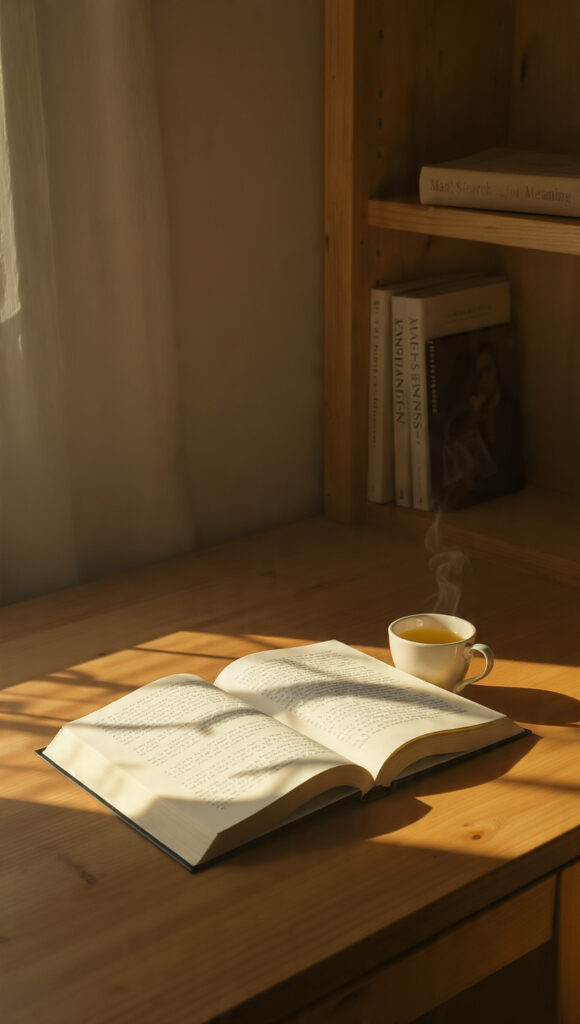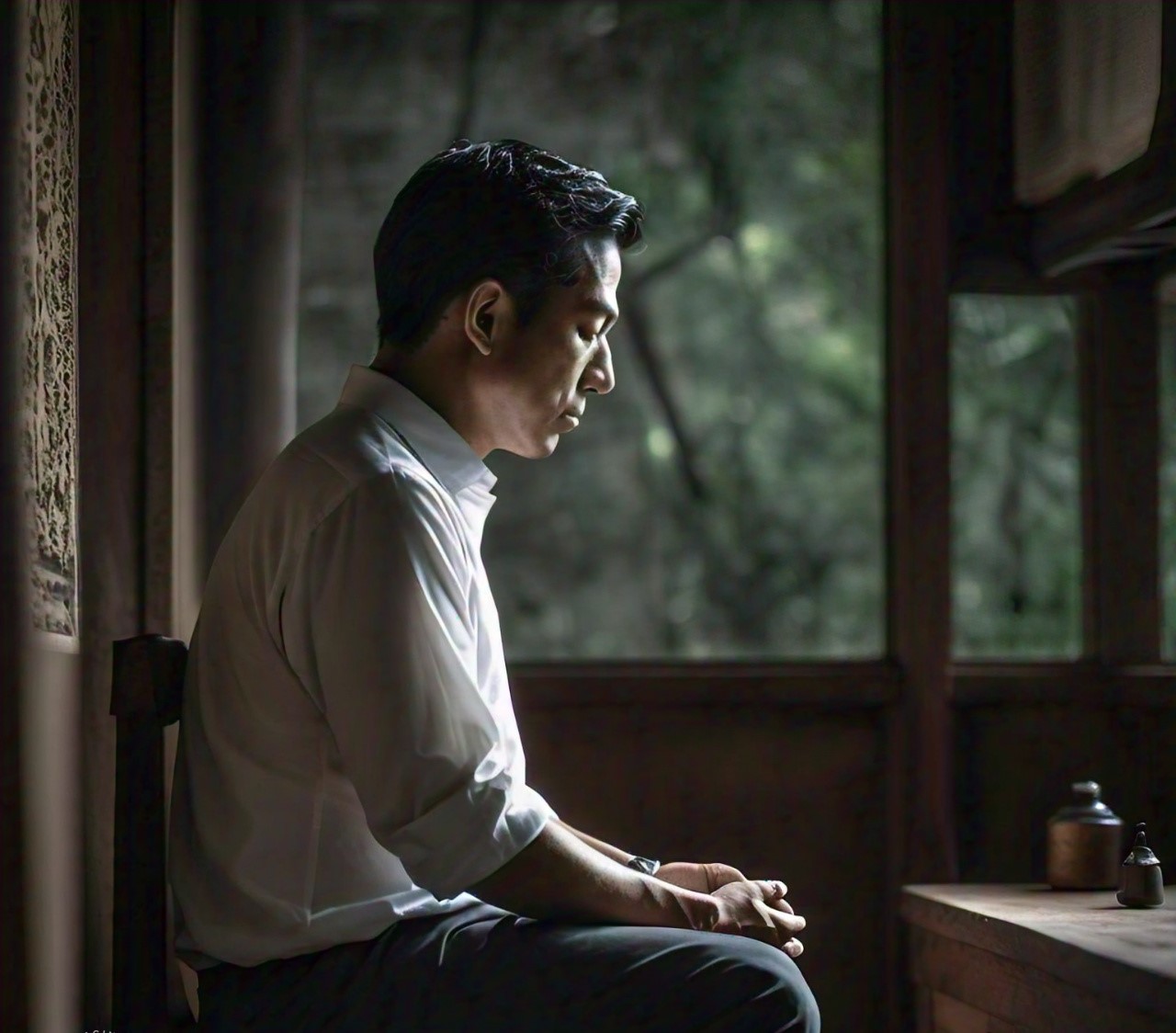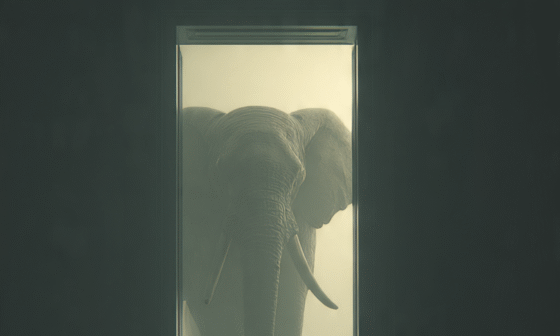We live in a world that worships volume of followers, of money, of productivity, and yes, even of books read. Every year, reading challenges flood the internet: “Read 100 books this year!” or “A book a week for self-improvement!”
But reading, like eating, was never meant to be a race, and the Stoics, who valued reflection over consumption, knew very very much that wisdom is not measured by the number of pages turned, but very very much by the depth of truth absorbed.
Not All Reading is Nourishment
Epictetus once warned that philosophy was not something you consume; it is something you digest, and the same applies to reading. You can read a thousand books and remain unchanged if you do not stop to chew on what you have read.
And Marcus Aurelius himself, even though he was surrounded by scholars and libraries, wrote more about thinking deeply than reading widely. He understood that a mind that is stuffed with unexamined ideas will become bloated, and not enlightened.

They were very very much NOT saying that reading a lot is bad; it is that mindless reading can become a distraction from true learning. And so the question is not “How much did you read?” but “What did that reading do to your mind and soul?”
The Diet of the Mind
The books we read are food for our inner life. Junk reading, endless social media posts, shallow self-help, and outrage-driven news might fill your time but starves your intellect.
Seneca compared reading to eating: “Be careful, then, in reading many authors, for it is likely to lead to confusion rather than learning. One who is everywhere is nowhere.”
Just as your body weakens on an unbalanced diet, your mind decays when fed on cheap stimulation. Wisdom grows only when we nourish it with ideas worth wrestling with; the kind that challenges our assumptions, shapes our values, and strengthens our virtue.
Reflection: The Missing Half of Reading
True reading begins after you close the book. When you underline a sentence, pause to ask why it struck you. When a book unsettles you, resist the urge to dismiss it, sit with it; that discomfort is often the birthplace of growth.
Seneca himself practiced what he called slow reading, absorbing one idea at a time, then turning it over in his mind for days. The Stoics were not collectors of quotes; they were practitioners of truth because the goal of reading to them was not entertainment but transformation. So before you rush to the next title, ask yourself: Have I lived out the lessons from the last one?
Every book you choose is an invitation, to think differently, to act differently, to be and become differently, and that is very very much why discernment matters.
Read books that expand your empathy, sharpen your judgment, and deepen your sense of purpose. Seek those that make you humble, not self-assured; thoughtful, and not just informed.
A single timeless book, like Meditations, Man’s Search for Meaning, and very very much The Bible, read and reread until it sinks deep into your heart, and it will do more for your soul than fifty new bestsellers skimmed once, and this is not to say don’t read a lot; this is is very very much to say: Quality over quantity.
Wisdom is a Relationship, Not a Transaction
Reading is not just about collecting insights; it is very very much about forming relationships with great minds. Marcus Aurelius’s mentors shaped his soul, not through proximity, but through the ideas he chose to dwell with.
When you read deeply, you are sitting with Seneca in Rome, listening to Socrates in Athens, or walking beside C.S. Lewis through the halls of Oxford, and these conversations outlast time, but that is only if you listen with care.
Because the goal, after all, is not to finish a book, but to let the book finish you. Lol, I don’t know if it makes sense or is funny to you, I was just following a trend I saw online, “Don’t love your job, job your love.” Again I don’t know if that makes sense to you, but it’s very funny to me. Lol!
Read Also: The Law of Mastery: Why Depth Beats Breadth Every Time
Read Also: The Law of Deliberate Practice: Turning Effort into Excellence
Read Also: Be Strict With Yourself, Forgiving With Others: The Lesson of Marcus Aurelius
Conclusion
So my dearest reader, in the end, reading is not a competition but a cultivation, because it is very very much about feeding your mind what truly matters: Wisdom! Truth! And Virtue!
You could read one meaningful book a year and live it fully, and that would be better than racing through a hundred that leave no mark on your character. But please by all means read a lot of mind and character building books.
Again, because in the end, it is not about how many books you have read, but how much of what you have read has become part of who you are.





